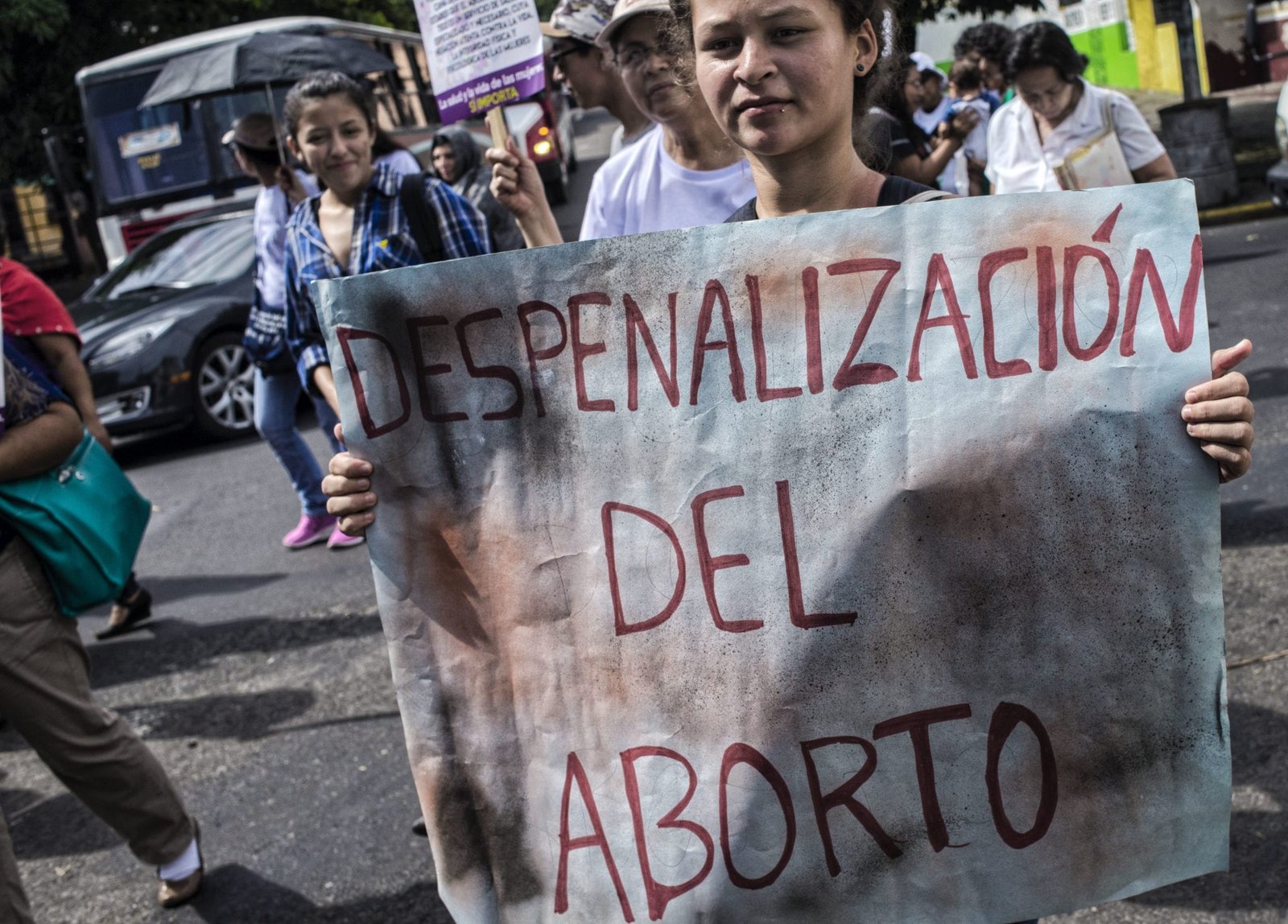In a significant development, Honduras has been referred to the United Nations Human Rights Committee over its total ban on abortion. This referral marks a critical juncture in the ongoing debate surrounding reproductive rights and access to safe and legal abortion in the Central American country. Let’s delve into the details of Honduras’s abortion ban, the implications of the referral to the UN Human Rights Committee, and the broader implications for reproductive rights globally.
Honduras, like many countries in Latin America, has some of the most restrictive abortion laws in the world. Abortion is completely banned under all circumstances, including in cases of rape, incest, or when the life of the pregnant person is at risk. The only exception is when the life of the pregnant person is in immediate danger, and even then, obtaining a legal abortion is fraught with obstacles and stigma.
The total ban on abortion in Honduras has been a subject of controversy and criticism from human rights organizations and reproductive rights advocates worldwide. Critics argue that the ban violates fundamental human rights, including the rights to health, autonomy, and dignity, and disproportionately affects marginalized and vulnerable groups, including women and girls.
In recent years, there has been growing international scrutiny of Honduras’s abortion laws, with calls for the country to repeal its restrictive legislation and decriminalize abortion. The referral of Honduras to the UN Human Rights Committee represents a significant escalation in efforts to hold the country accountable for its abortion policies and practices.
The UN Human Rights Committee is a body of independent experts tasked with monitoring the implementation of the International Covenant on Civil and Political Rights (ICCPR), a key international human rights treaty to which Honduras is a party. The committee reviews states’ compliance with their obligations under the ICCPR and addresses allegations of human rights violations.
The referral of Honduras to the UN Human Rights Committee over its abortion ban signals a growing recognition of reproductive rights as fundamental human rights and underscores the international community’s commitment to advancing gender equality and women’s rights. It also reflects a broader trend towards increased accountability for states’ actions that infringe upon reproductive rights and autonomy.
The implications of the referral to the UN Human Rights Committee are significant for Honduras and the global reproductive rights movement. The committee’s review of Honduras’s abortion laws could lead to recommendations for legal and policy reforms aimed at bringing the country’s legislation into compliance with international human rights standards.
However, it is important to note that the UN Human Rights Committee’s recommendations are not legally binding, and their implementation ultimately depends on the political will of the Honduran government. Nevertheless, the committee’s scrutiny of Honduras’s abortion ban could exert pressure on the government to reconsider its stance on reproductive rights and take steps towards legal reform.
In addition to the referral to the UN Human Rights Committee, there is growing momentum within Honduras for a reexamination of the country’s abortion laws. Civil society organizations, women’s rights groups, and activists are mobilizing to advocate for the decriminalization of abortion and the expansion of access to reproductive healthcare services.
The referral of Honduras to the UN Human Rights Committee over its total abortion ban underscores the urgency of addressing reproductive rights violations and advancing gender equality worldwide. As the international community continues to push for progress on these issues, it is essential to center the voices and experiences of those most affected by restrictive abortion laws and to prioritize the fulfillment of reproductive rights for all.



































